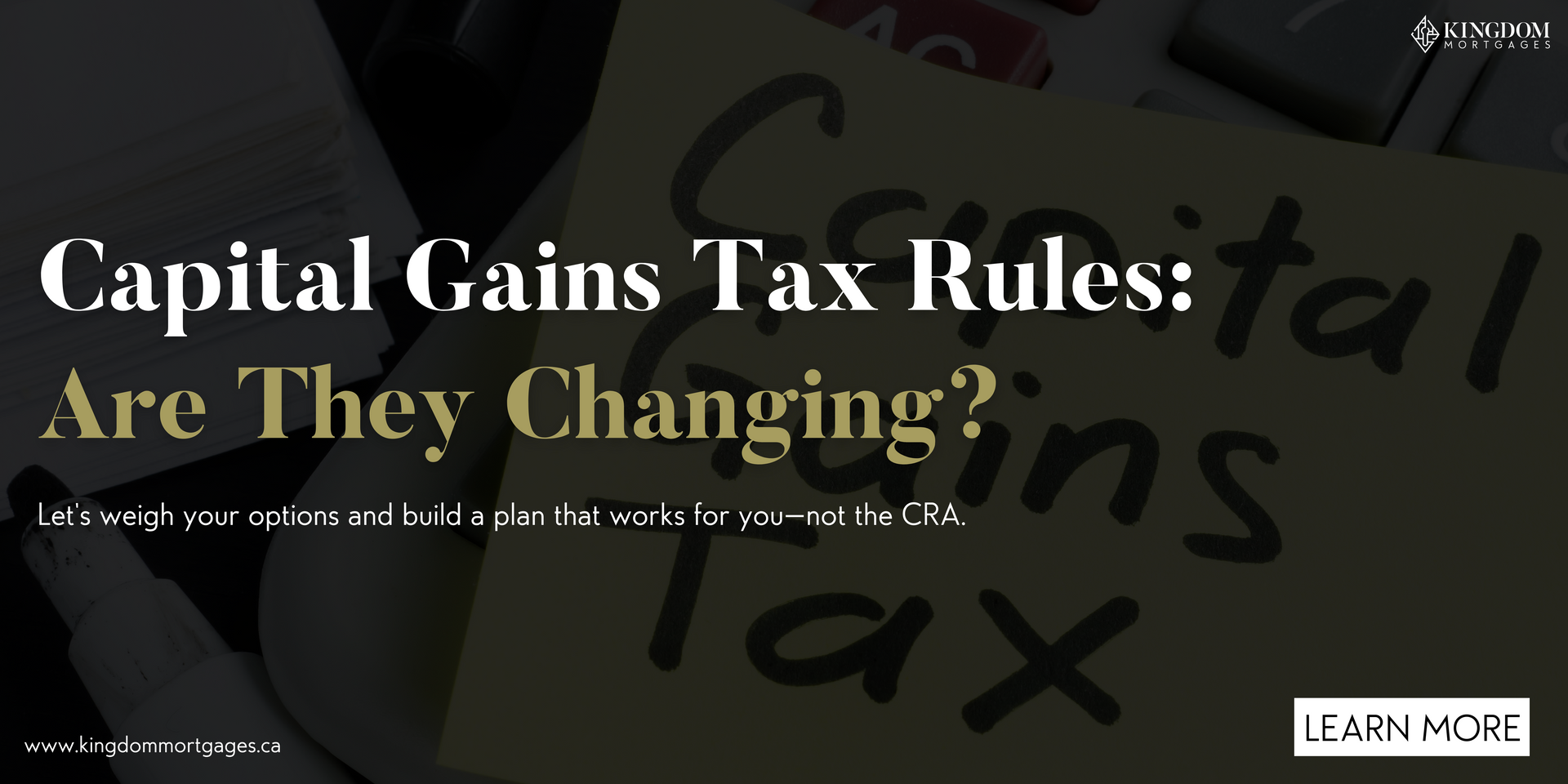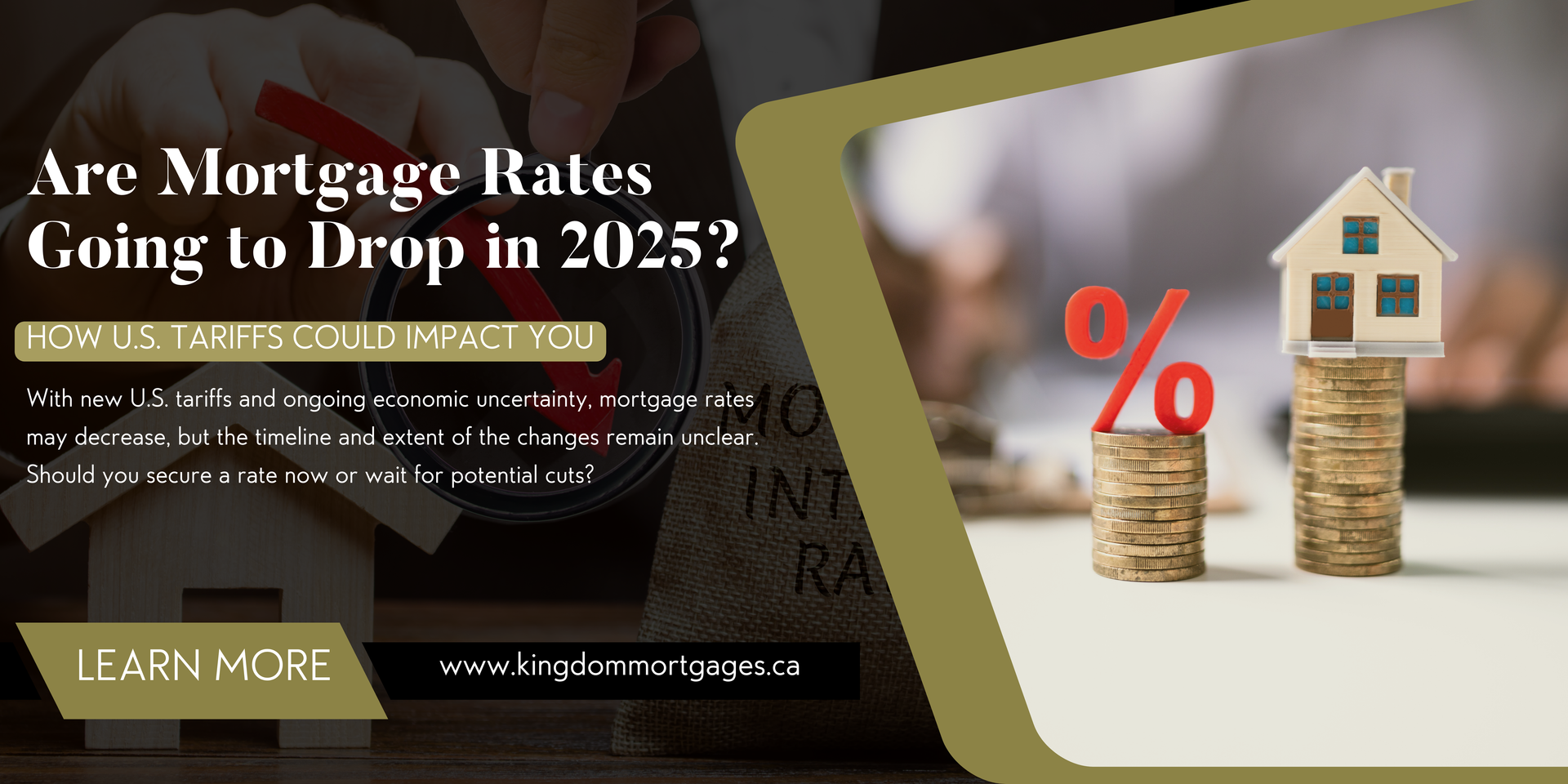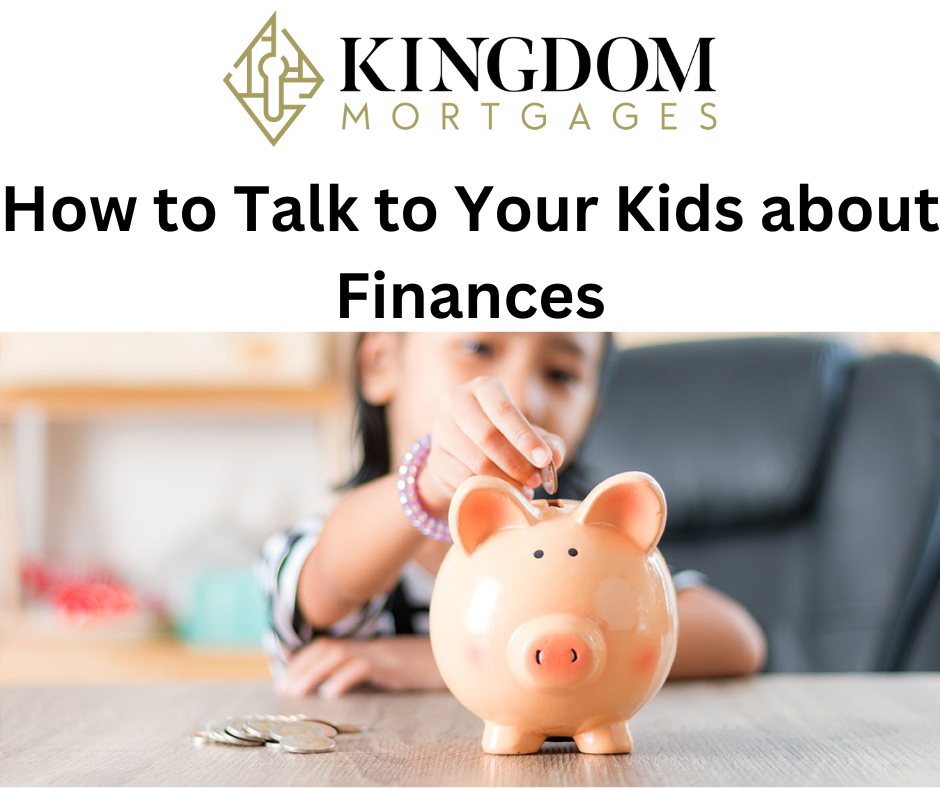Financial Freedom: How The Rich Get Richer
What does financial freedom mean to you? It's a question that might elicit a wide range of responses, and that's the beauty of it – financial freedom is a deeply personal concept.

What does financial freedom mean to you? It's a question that might elicit a wide range of responses, and that's the beauty of it – financial freedom is a deeply personal concept. For some, it's the dream of retiring early, spending endless days on the beach, cherishing time with grandchildren, or perfecting their golf swing. Others see it as having the ability to work remotely or stay at home with their children during their formative years. Some may quantify it with a specific savings goal, a financial cushion that enables them to explore the world, invest in their future, pursue higher education, or achieve a flexible work-life balance. Ultimately, financial freedom represents security, the opportunity to live life on your own terms.
But how do people attain this elusive state of financial freedom? It's often said that "the rich get richer," but what strategies do they employ to maintain and expand their wealth? In my experience, which has involved processing numerous mortgage applications and working closely with clients from various financial backgrounds, I've observed some common threads among those who have achieved financial success.
Leveraging Wealth for Growth
One of the most striking observations is that financially prosperous individuals frequently leverage their capital or utilize the bank's money to generate more income. Even when they possess the means to purchase a property outright, many opt for a mortgage. This may seem counterintuitive, especially in a high-interest rate environment, but even the wealthy appreciate the value of liquidity and the potential to diversify their investments. By financing a property, they can allocate less capital upfront. Leveraging property allows them to tap into home equity, preserving capital for future endeavors. This approach acknowledges the ebb and flow of interest rates and accepts the risk of carrying a substantial loan because the anticipated returns on alternative investments, such as the stock market, personal and commercial real estate, private loans, new businesses, partnerships, often outweigh the cost of borrowing.
In essence, the wealthy understand that stashing all their capital in a mortgage-free property isn't always a smart move. While having no mortgage payments and interest expenses might seem like savings, it may not be as profitable as directing that capital into an investment vehicle that appreciates, grows, and generates additional income. It's the classic adage of making your money work for you, rather than parking it in an idle asset.
Tax Savings through Home Equity
Financially successful individuals have a comprehensive approach to managing their resources, which includes leveraging the equity in their homes as a source of income. Many of these individuals are self-employed, providing them with the flexibility to manipulate their tax strategies to their advantage. Instead of withdrawing income from their business accounts, incurring taxes on those funds in the current fiscal year, they turn to alternative methods for tax optimization. One frequently used tactic is securing a line of credit against their home, and if feasible, against a rental property, since the interest is often tax-deductible. By harnessing this tax-free equity, they can either pay themselves or make significant purchases, effectively reducing their overall tax liability.
Moreover, these financially astute individuals understand that real estate is typically a long-term investment that tends to appreciate over time. They leverage their properties not only as a source of income but as a strategic financial tool. This approach provides them with the flexibility to access capital when needed, hold onto their investments as they appreciate, and capitalize on the gains when the timing is ideal. The dual use of real estate investments embodies the long-term vision that many financially successful individuals adopt, emphasizing the importance of patience and strategic planning in building and preserving their wealth.
The synergy between these practices results in a well-rounded financial strategy that not only builds wealth but also optimizes tax savings. It's crucial to note that I'm not an accountant, and these strategies should be developed in consultation with a qualified tax professional. However, the principle of leveraging home equity for tax savings, combined with prudent financial management, is a proven strategy among many financially successful individuals. These practices underline the significance of thinking creatively and strategically about your finances to achieve your financial goals and create a future that aligns with your dreams and aspirations.
In conclusion
Financial freedom is a highly individualized concept, but it generally revolves around achieving security, flexibility, and the ability to live life on one's own terms. To reach this state, many successful individuals employ strategies such as leveraging their wealth for growth and optimizing their tax situation through home equity. The rich may indeed get richer, but they do so through careful financial planning and the smart allocation of their resources. Financial freedom is within reach for anyone willing to invest the time and effort to make their money work for them and create a future that aligns with their dreams and aspirations.











